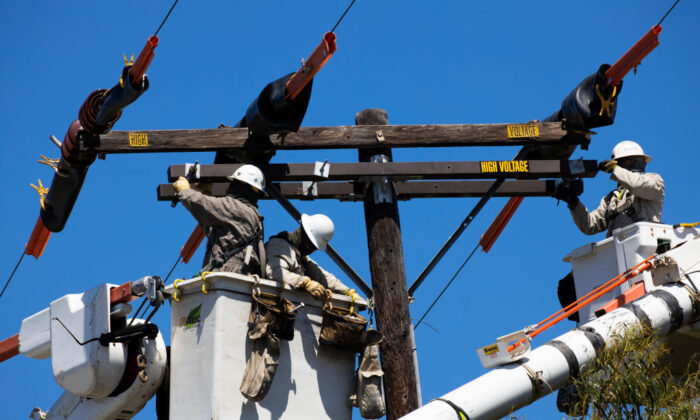The California Public Utility Commission has approved a plan to increase fixed charges for most electricity customers to $24.15 a month, with lower charges for low-income residents enrolled in specific programs. The change will impact customers of major utility providers starting in 2025 and 2026. This move is in line with the state’s decarbonization goals and aims to help meet sustainability targets. The plan was initiated by Assembly Bill 205 in 2022, which ordered a tiered fixed rate charge based on customer income. The commission believes the change will ultimately reduce ratepayers’ bills, even though monthly fixed rates are increasing. Critics, however, argue that the decision burdens working families. Despite concerns, adjustments to the fixed rate charge would require commission approval, though there is no assurance that there won’t be future increases. Careful scrutiny and guardrails must be implemented for any proposed adjustments to a fixed charge. During the public comment portion of the hearing, opponents significantly outnumbered supporters. Many individuals expressed concerns that the plan would simply shift energy costs and have a negative impact on ratepayers. Yvette DeCarlo, representing 260 nonprofit organizations, stated that the proposed changes would increase utility bills for households without addressing the root cause of rising energy costs. A representative for the nonprofit Public Watchdog raised constitutional concerns due to the lack of public hearings on the issue and recommended an independent investigation and a postponement of the decision.
Leading up to the hearing, lawmakers from both parties urged caution and attempted to stop the proceeding. Senate Republicans introduced Senate Bill 1326, the Cost of Living Reduction Act, in an attempt to repeal the initial issue that led to the proposed changes (AB 205). However, the measure was rejected by the Senate’s energy committee. Democratic lawmakers also introduced Assembly Bill 1999 to prevent the new tiered fixed rate charge, but this measure also failed to progress.
Despite Commissioner Matthew Baker recusing himself from the vote due to his previous role, the five-member utility commission unanimously approved the new charges. These changes are set to impact bills starting in late 2025.
Source link






